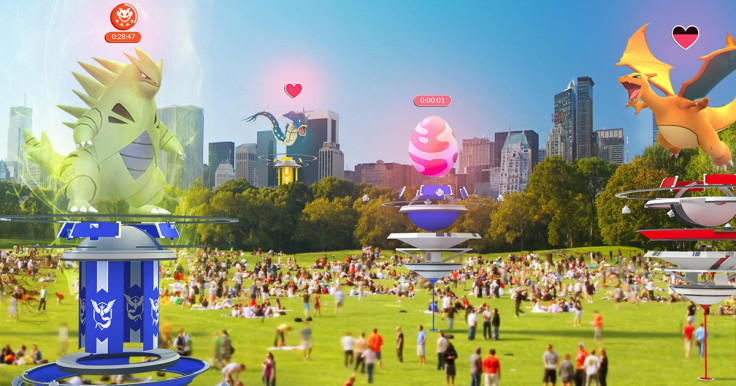Pokemon Go's success put a six-month delay on Niantic's plans, reveals CEO
John Hanke discusses smash hit game ahead of its first anniversary.

One year ago today (6 July) augmented reality mobile game Pokémon Go launched in Australia and North America, before spreading around the world. It quickly became a global phenomenon that dominated the lives of millions in the summer of 2016.
To mark the anniversary, John Hanke, CEO of the game's developer Niantic, spoke to The Verge about the free-to-play hit, its success and its future.
Pokémon Go's success took everyone by surprise, including Niantic, who suddenly had to deal with a game being played by millions of people simultaneously, mere days after it was first released.
"We lost probably six months on our schedule because of the success of the game," Hanke says.
"Really all the way through November and December, from launch onward we were rebuilding and rewiring infrastructure just to keep the game running at the scale that we were running at.
"We were fortunate to have a massive launch, a massive success, and many, many more users than we had planned for. But we had to redirect a substantial portion of the engineering team to [work on] infrastructure versus new features.
"That switched off things like extending gyms, it pushed out things we still want to have, like player-versus-player and trading. I'd say we're about six months behind where we thought we would be."
There's proof of this in the implementation of new features, which were infrequent through 2016 but began to pick up significantly as 2017 got going. Second-generation Pokémon from the Gold and Silver games were introduced, and in June Niantic overhauled gyms and introduced Raids for the first time.
More timed events began to run as well, increasing the likelihood for certain types (fire, water, grass etc) appearing, in the hope of coaxing players back in. Player-versus-player (PVP) battles and trading are the next major features fans hope to see.
"Well, had we not had to divert resources to infrastructure versus features, I think we would've had some of those things out earlier. I don't know. If we had of known we were going to have those delays, maybe we wouldn't have talked so much about them."
© Copyright IBTimes 2025. All rights reserved.




















